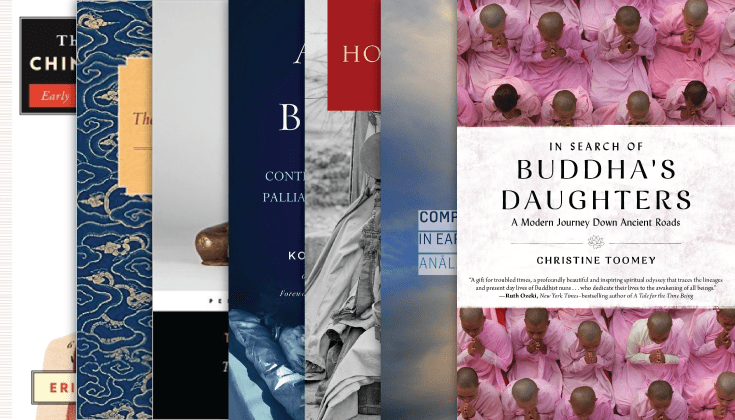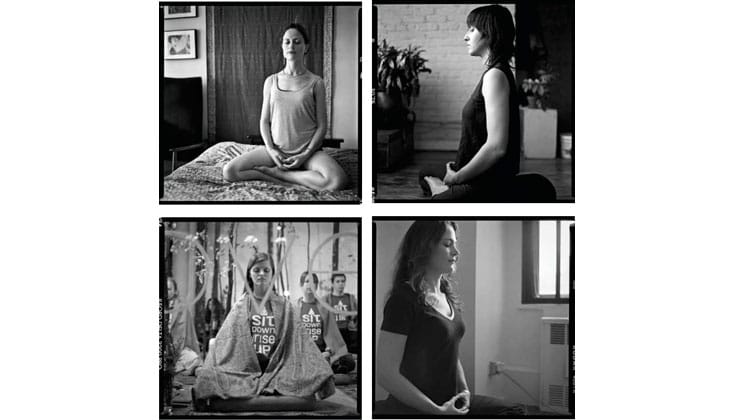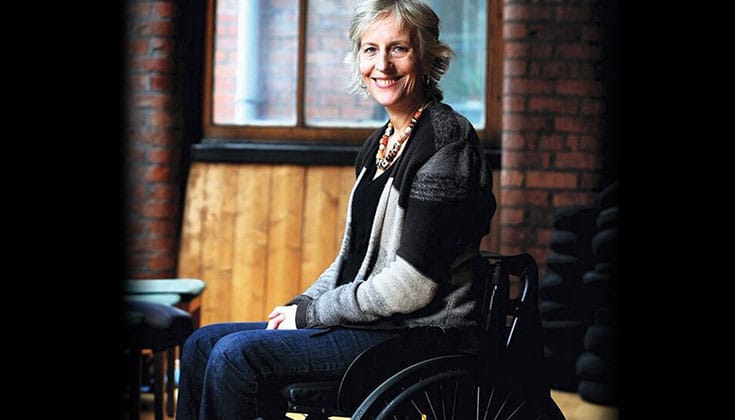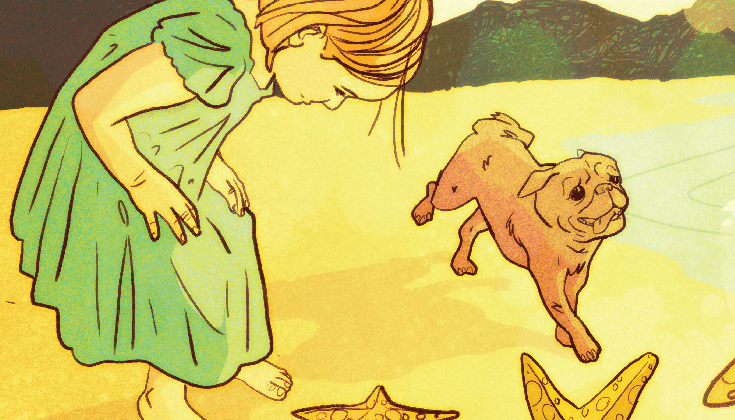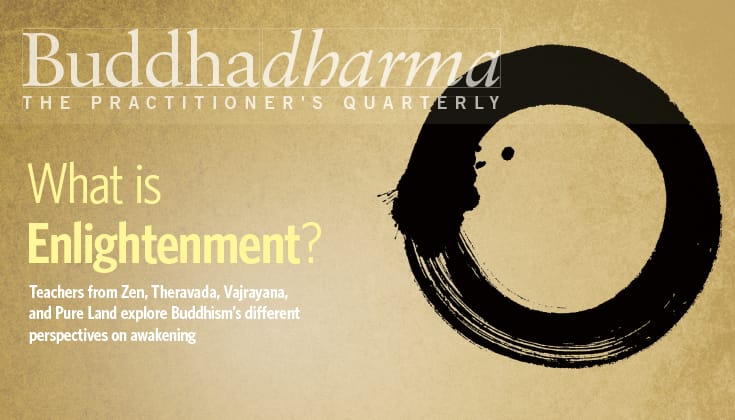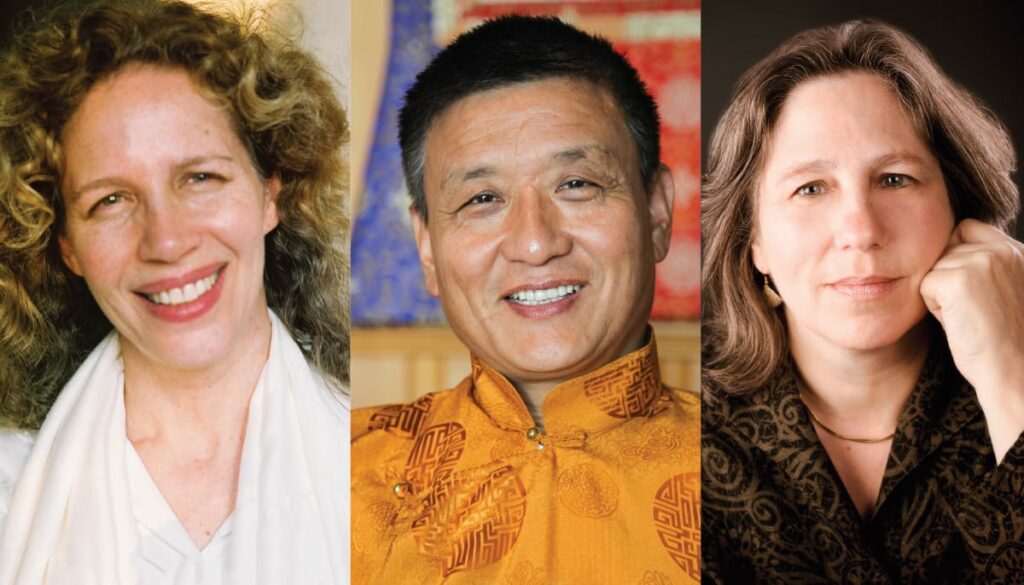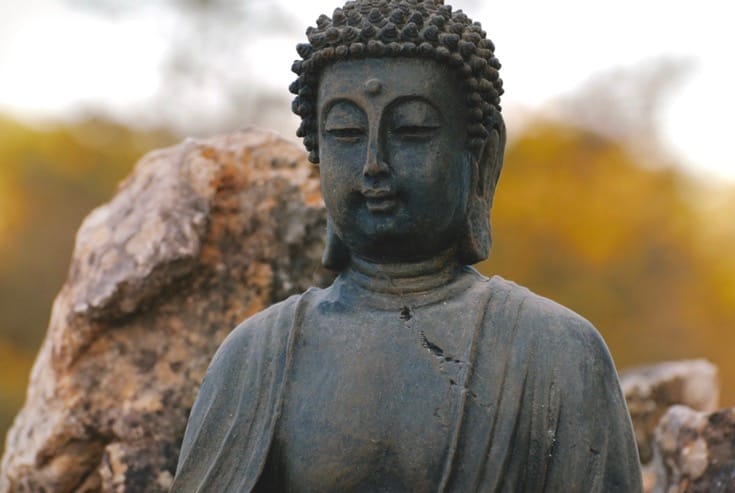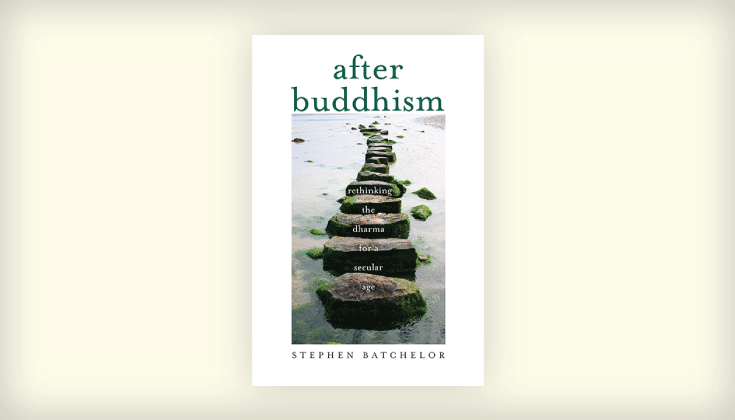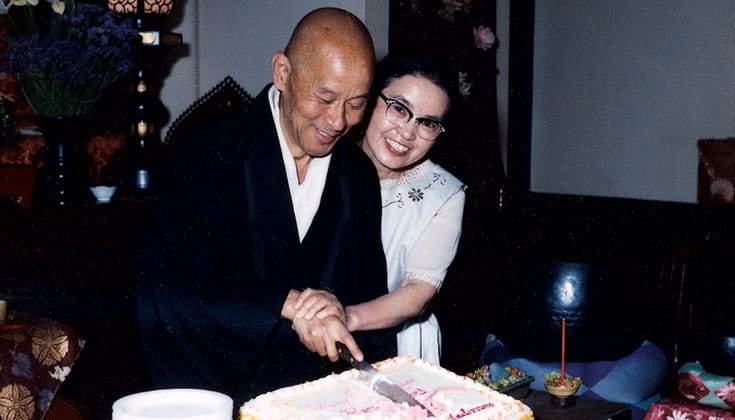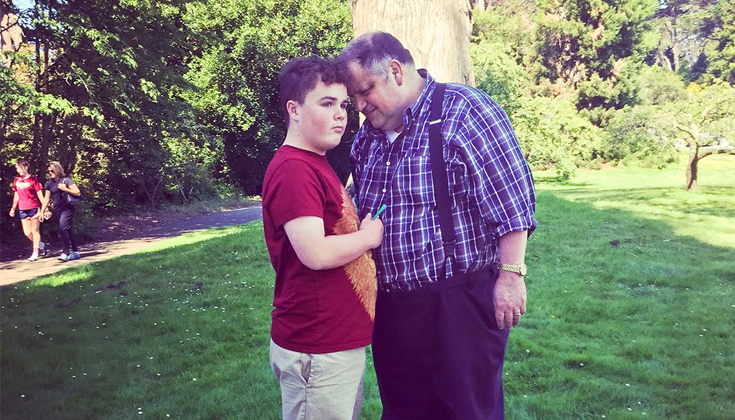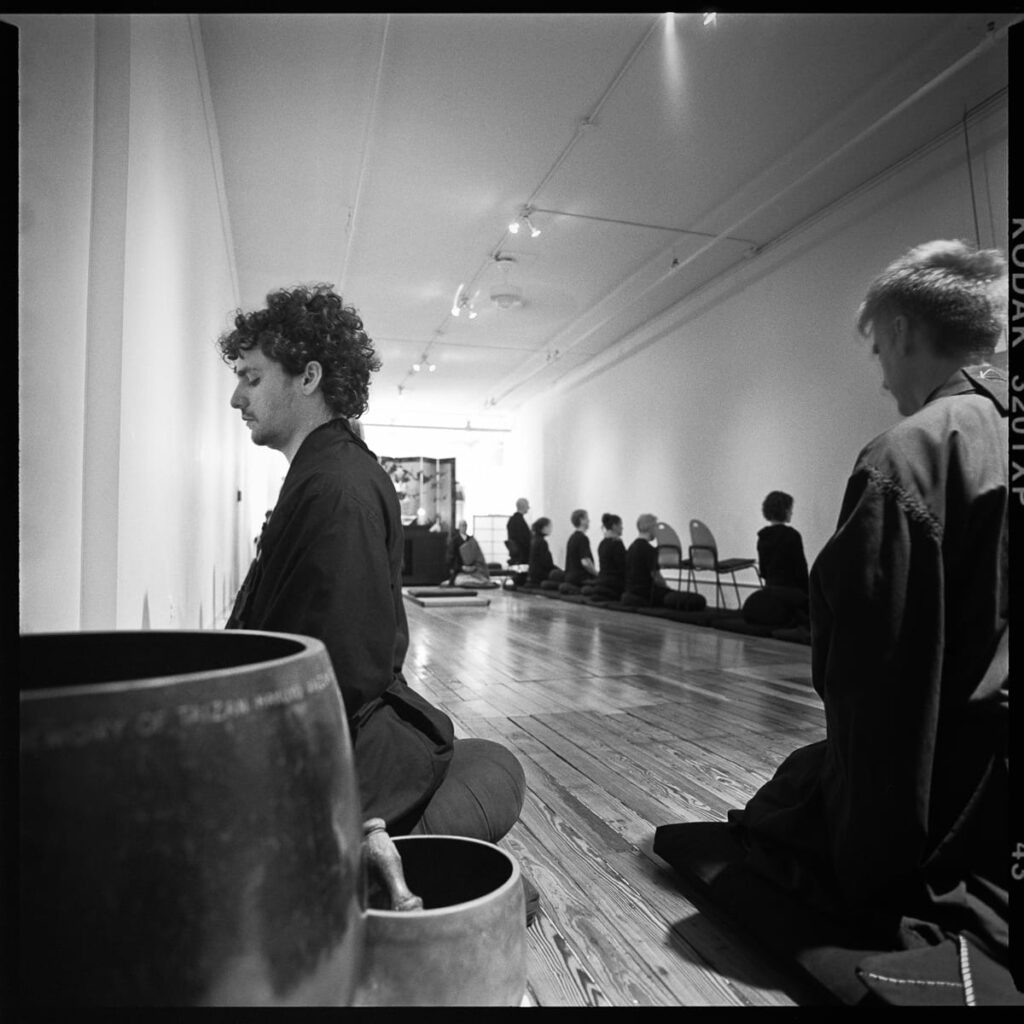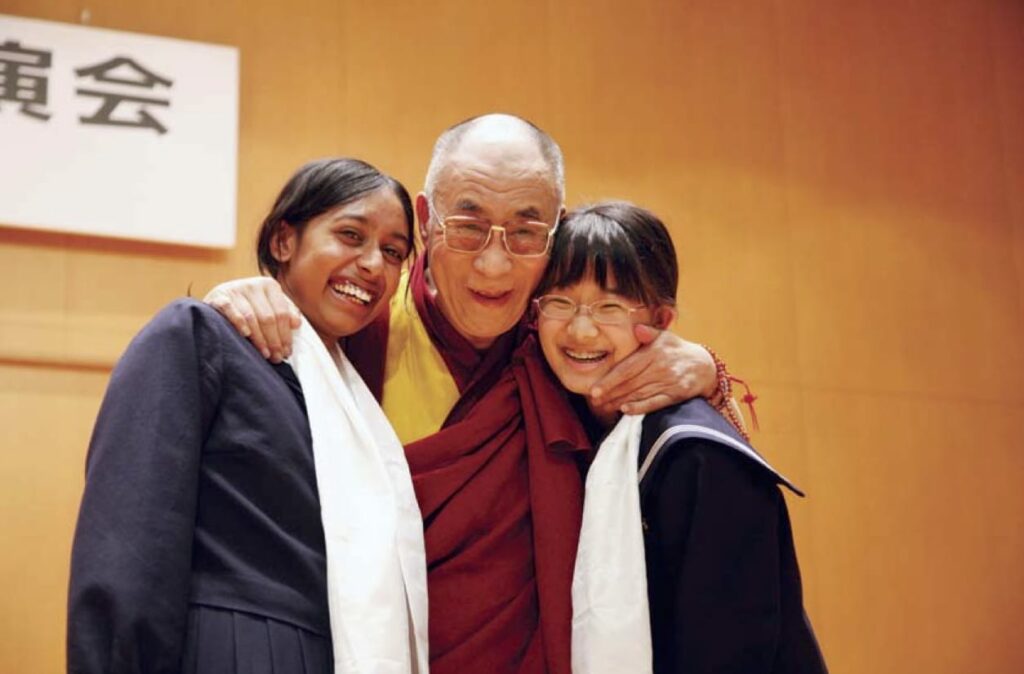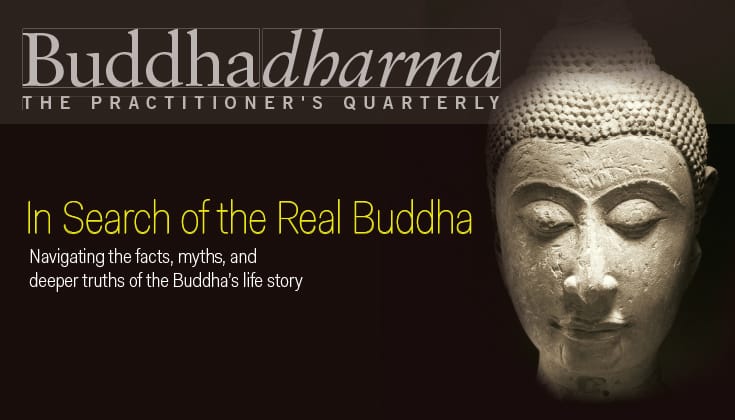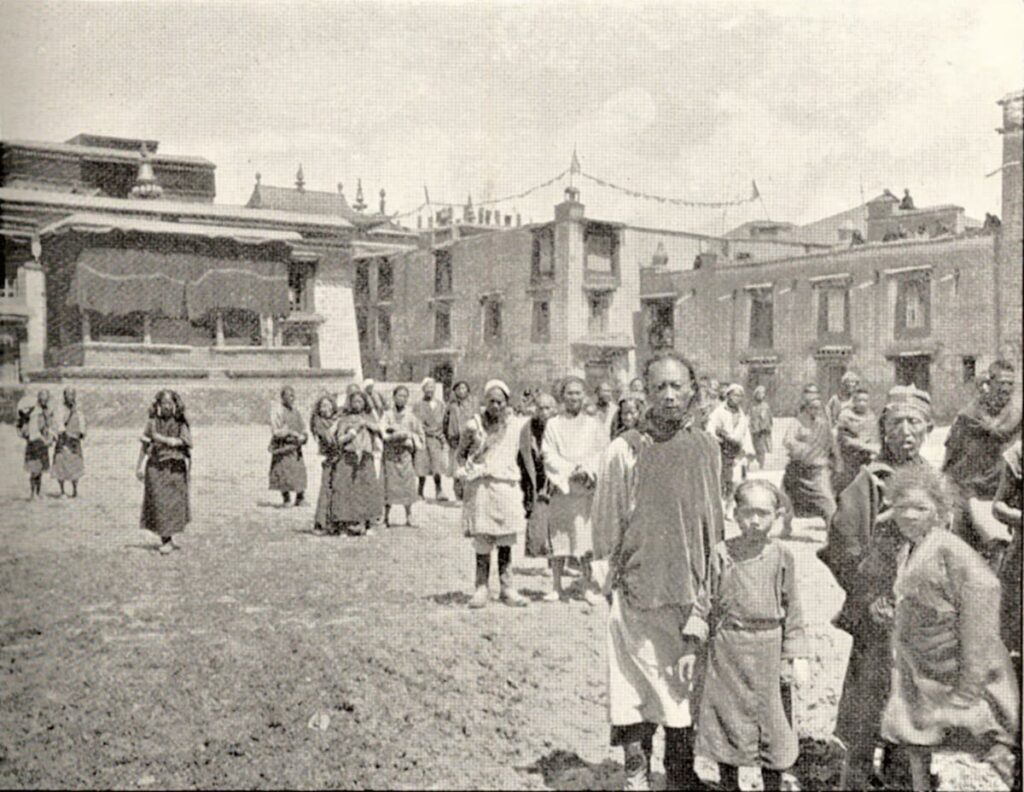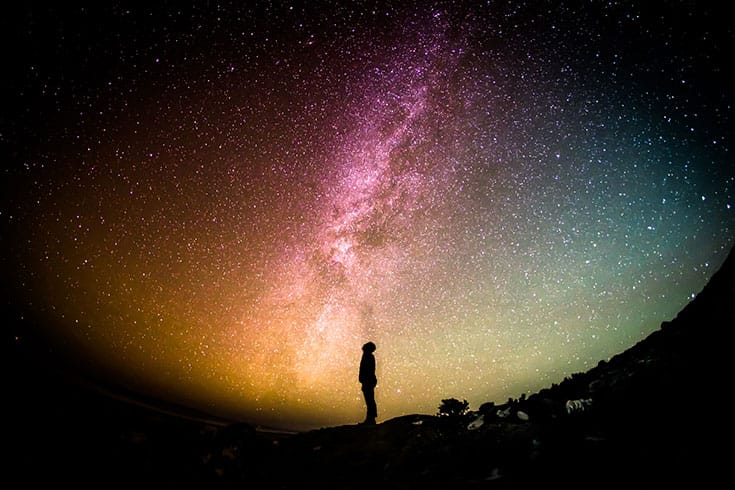Category: Buddhist Wisdom
Book Briefs for Spring 2016
David M. DiValerio’s The Holy Madmen of Tibet (Oxford 2015) examines some of Tibetan history’s most fascinating figures. Diving straight into the grotesque for which these fifteenth- and sixteenth-century Kagyu “madmen” became known, DiValerio begins by describing Tsangnyon Heruka’s use of human remains as clothing and Drukpa Kunle’s verse about paying homage “not to the Buddha,…
The Basic Principle of Bodhicitta
Relative bodhicitta is how we learn to love each other and ourselves, according to Chögyam Trungpa Rinpoche. The basic principle of ultimate bodhicitta is to rest in the fundamental state of consciousness, before it is divided into ‘I and ‘other.'
Making Our Way: On Women and Buddhism
Grace Schireson, Christina Feldman, Rita Gross, and Lama Palden Drolma discuss how women are defining new roles as Buddhist leaders, teachers, and practitioners.
It’s Time for Buddhists to Address Ableism and Accessibility
Often, people with mobility impairments are excluded from encountering the dharma. The time is ripe to address accessibility head-on.
Flip through “The Story of Mu,” a book about your child’s true nature
In The Story of Mu, author James Cordova proposes the classic starter koan Mu for your kids' contemplation.
Zazen: Just Ordinary Mind
Our natural mind is clear, simple, and ordinary. The practice of Zen meditation, says Susan Murphy, is simply to abandon anything extra. Then the ordinary reveals its magic.
Inside the Spring 2016 Buddhadharma magazine
This issue explores enlightenment, dharma accessibility, and the many faces of Avalokiteshvara.
Understanding Emptiness — in 50 Words or Less
“Emptiness.” It’s a fundamental Buddhist concept — but what does it mean? And how could you explain it to someone else?
Is enlightenment off-limits to laypeople?
Three teachers discuss whether Buddhists must in ordain to achieve enlightenment.
Buddhism’s Big Lies
Karen Maezen Miller breaks down the three most common lies in Buddhist discourse.
Review: Stephen Batchelor’s “After Buddhism: Rethinking the Dharma for a Secular Age”
In his latest and most ambitious work, "After Buddhism," Stephen Batchelor makes a sustained and serious attempt to argue for his vision of a more secular Buddhism.
There Is No Blame
“There are no human enemies,” says Sylvia Boorstein, “only confused people needing help.”
The Place Where Your Heart is Kept
Norman Fischer tells the story of how Mitsu Suzki, a Japanese schoolteacher born in 1914, made a home for herself in American Zen.
Neurotribes: The New Diversity
Steve Silberman’s book, "Neurotribes: The Legacy of Autism and the Future of Neurodiversity," is changing the way we think about cognitive differences.
If Siddhartha Didn’t Leave Home
As A. Jesse Jiryu Davis meditates on the anniversary of the Buddha's enlightenment, he finds a tender connection to the young man who said goodbye to everything.
Heart of the Dalai Lama
In this exclusive and heartfelt essay, Pico Iyer reveals the simple human secret that makes the Dalai Lama the most beloved spiritual figure in the world.
Inside the Winter 2015 Buddhadharma magazine
In this Buddhadharma, we look at the Buddha's life story, Buddhist-Catholic dialogues at the Vatican, and how Gen X teachers are changing Buddhism.
Book Briefs for Winter, 2015
Rory Lindsay reviews "A Historical Atlas of Tibet," "The Buddha on Wall Street," "Buddhisms: An Introduction," "The Chan Whip Anthology," and more.
What is Buddhist Salvation?
In Buddhism, says Zen teacher Koun Yamada, we find salvation by experiencing our true nature as human beings.
“What kind of Zen teacher has panic attacks?”
Recently, for the first time in my life, I had a full-blown panic attack.
